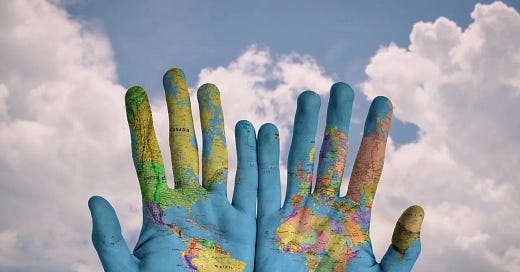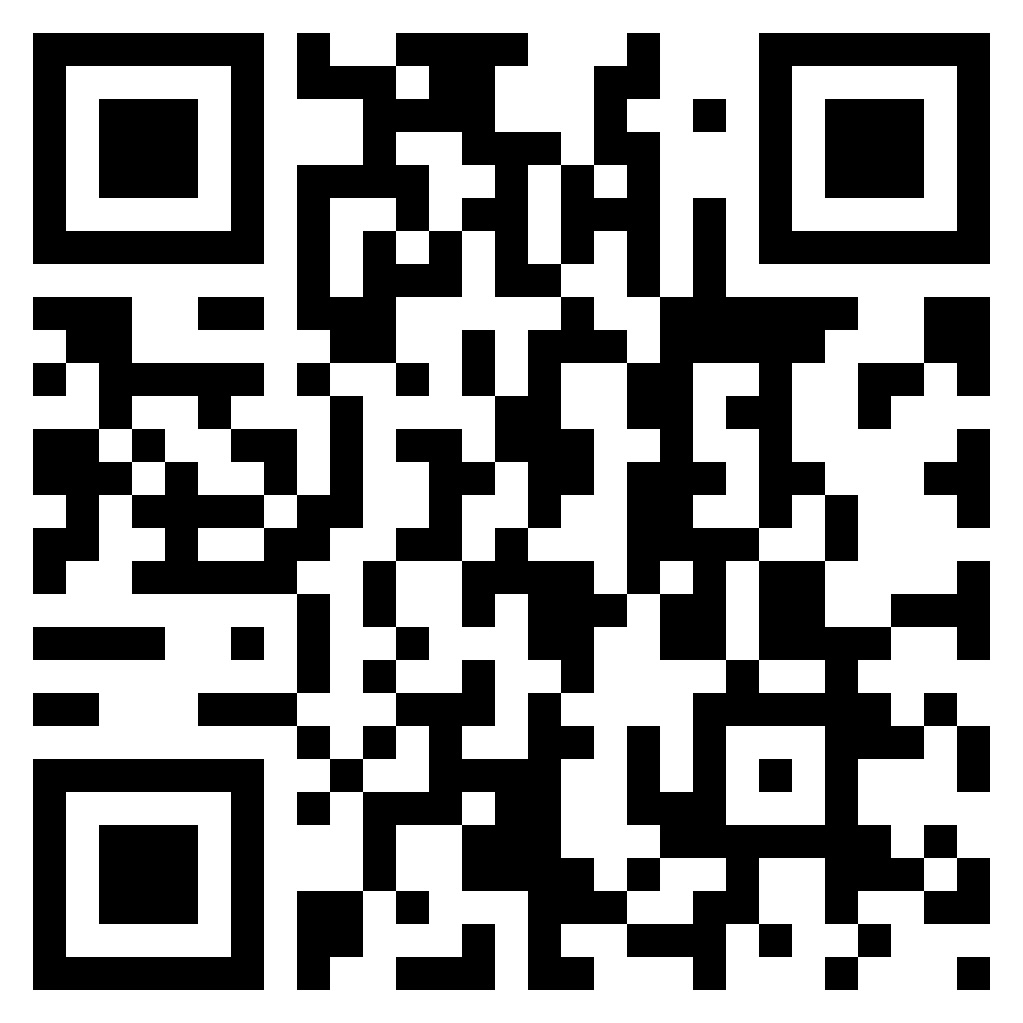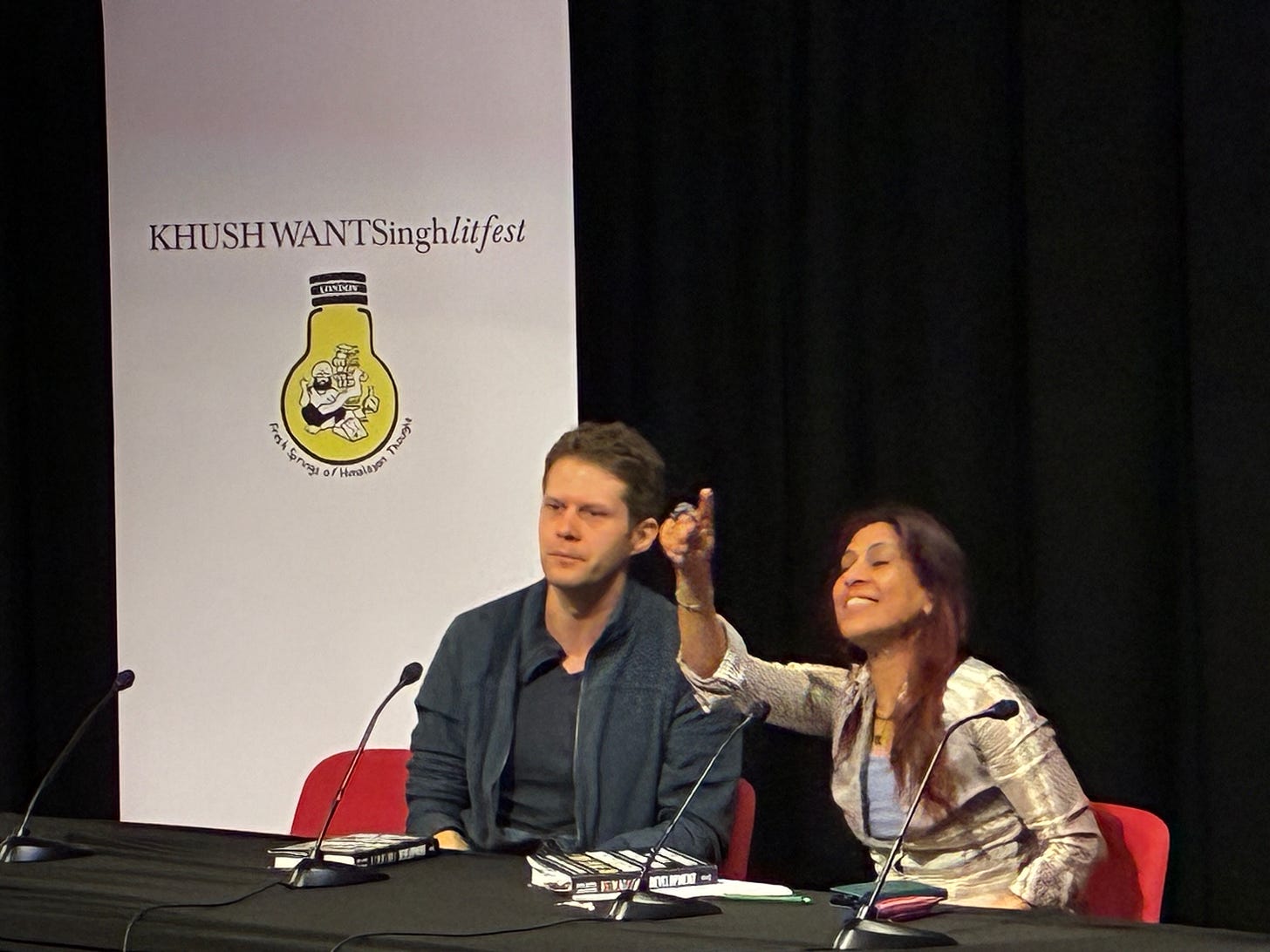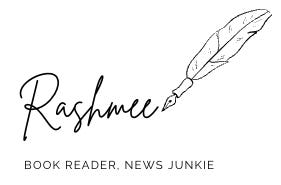Let's not default on development
Reimagine it, says a new book. And a signature novel from Ngũgĩ wa Thiong'o, giant of African literature, who recently passed
This Week, Those Books was created to provide context to the news by linking the big international story to the world of books. We now have nearly 11,000 followers in 122 countries on the Substack app. It’s a small operation here at This Week, Those Books and even the smallest bit of reader support matters enormously. If you find TWTB useful, thoughtful, and…a conversation starter, please help sustain us by becoming a paying subscriber.
The Big Story:
Development – societal change for progress – is on the global agenda one way or the other. But what is development exactly?
Our first book quotes Mexican activist Gustavo Esteva: “For two-thirds of the people on earth, development is a reminder of what they are not.”
Days from now, economics Nobel laureate Joseph Stiglitz presents a blueprint for global debt justice for developing countries that would allow them to invest in schools and hospitals rather than paying interest on loans.
The African Development Bank got a new president at a pivotal moment for the continent, marked by the decline of traditional development aid.1
Why did Pakistan, second-most populous country in South Asia, end the current fiscal year having spent less than half the funds allocated to development?2
An academic study3 by the Desmond Tutu Health Foundation and the Harvard AIDS research center, forecasts an additional 601,000 deaths over the next decade in the absence of American aid.
And This Week, Those Books spoke to the co-author of a brand new book on reimagining development.
These books offer context:
The Back Story:
The late Pope Francis asked Joseph Stiglitz to chair a commission to reform the international financial architecture.4
Data from the UN’s trade and development body5 reveals that 54 countries spend more than 10% of their tax revenues on interest payments alone. Stiglitz recently wrote in the Financial Times: “This is not a path to sustainable development — this debt is a roadblock”.6
The very concept of development has a massive problem because it is often seen as the intellectual and political heir to colonialism. That said, no definitive alternative model has been proposed with enough verve and force to gain legitimacy.
Over the decades there have been changing measures of development: Gross Domestic Product. The Human Development Index. Occasionally, there is mention of the Gross National Happiness Index.
Reimagining Development: Bold Directions Towards a Thriving World
By: Peter Sutoris and Uma Pradhan
Publisher: Hurst
Year: 2025
TWTB interviewed author Peter Sutoris7 about his book at the Khushwant Singh Literary Festival London8 at the weekend. It was an animated event. Take a look at this moment from the Q&A.
Development has become a contentious issue. As the book says, there is a conflict between big ‘D’ development – one shared endpoint for the whole world – and little ‘d’ development, which is an array of ideas about the world’s future.
It’s a magnificent concept. Could it be help trigger a small ‘d’ developmental movement that moves at different speeds, in different forms, in communities all over the world?
A sentiment that jumps out is economist Amartya Sen’s manifesto for the development agenda: Creating a life that people have a reason to value. But what we value is so subjective…how does one do development?
The authors suggest we go beyond development scholars, to storytellers, to imagine a new model, many new models of development. Unusually for a book on so dry and doctrinaire a subject as development, the book has a foreword by South African novelist C A Davids.
Choice quote:
Stories are not just the product of our imagination. Our imagination is also the product of our stories.
A Grain of Wheat
By: Ngũgĩ wa Thiong'o
Publisher: Heinemann
Year: 1967
My 2002 edition of this magnificent novel has an introduction by Abdulrazak Gurnah, the second Black African writer to win the Nobel literature prize after Nigerian playwright Wole Soyinka.
Gurnah writes: “A Grain of Wheat is a political narrative. It is political in its desire to show the development of an awareness of a history of oppression.”
The use of the word ‘development’ is instructive. This novel, set during the state of emergency in Kenya's 1950s struggle for independence, examines the impulse and reality of developmental imperatives in the context of the political moment.
Scholars have pointed out that the novel underlines the inherent problems of working the development agenda in a newly liberated country.9
There have been exhaustive analyses of the similarities between A Grain of Wheat and Under Western Eyes by Joseph Conrad. Thiong'o had studied Conrad’s novel while at university in England.
Both books deal with protagonists who lack families, betray revolutionary heroes and are themselves ironically mistaken as revolutionary heroes. Both finally make public confessions of their guilt. But Conrad accepts the colonial order and Thiong'o warns against neocolonialism masquerading as a post-colonial development agenda.
Choice quote:
Our fathers fought bravely. But do you know the biggest weapon unleashed by the enemy against them? It was not the Maxim gun. It was division among them.
Also free to read from the archives:
Write to us: thisweekthosebooks@substack.com
Connect on: LinkedIn | Twitter | Bluesky | Facebook | Threads | YouTube
Trump to end backing for African Development Bank fund. Semafor, May 5, 2025. https://www.semafor.com/article/05/05/2025/us-plans-555m-cut-to-african-development-bank-fund
Nearly half of development funds remain unused with days left in budget. Geo TV, June 2, 2025. https://www.geo.tv/latest/607335-nearly-half-of-development-funds-remain-unused-with-days-left-in-budget
https://www.acpjournals.org/doi/full/10.7326/ANNALS-24-01104
Press Release of Pontifical Academy of Social Sciences and Columbia University’s Initiative for Policy Dialogue on the Jubilee Commission to address debt and development crises. February 21, 2025. https://www.pass.va/en/events/2025/tax_justice/press_release.html
A world of debt. UNCTAD 2024 report. https://unctad.org/publication/world-of-debt
Stiglitz, Joseph. Debt is crushing the developing world. Financial Times, June 2, 2025. Gift link for the first 10 takers: https://on.ft.com/4mGOrwp
https://environment.leeds.ac.uk/see/staff/12614/dr-peter-sutoris
https://kslitfestlondon.com/
“The danger at the moment of decolonisation is that despite the departure of the British, colonial and capitalist structures and ideology will continue to shape Kenyans' perceptions. Colonialism will continue under black colonial masters working with white settlers and European powers; Kenyans will now construct the policies which underdevelop Kenya.” Byron Caminero-Santangelo. Neocolonialism and the Betrayal Plot in "A Grain of Wheat": Ngũgĩ wa Thiong'o's Re Vision of "Under Western Eyes". Research in African Literatures , 1998. https://acrobat.adobe.com/id/urn:aaid:sc:eu:a1b3c693-6f5b-45da-93e5-d7d884afb37c










